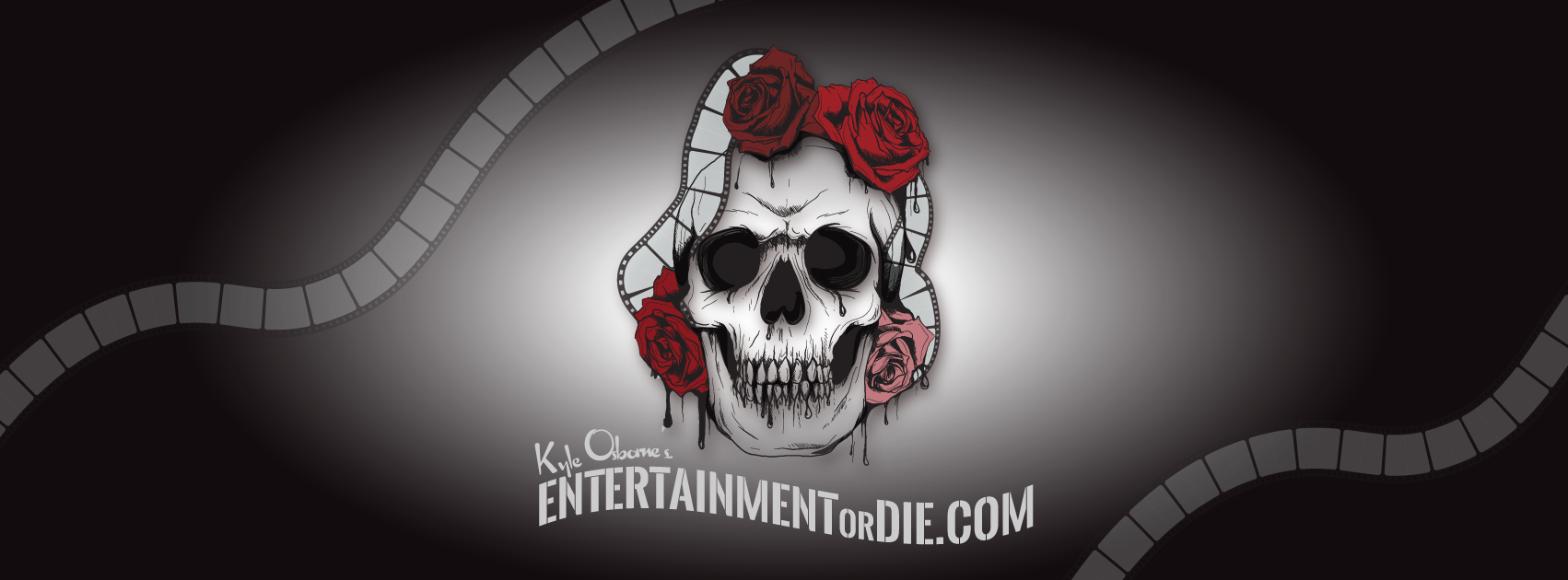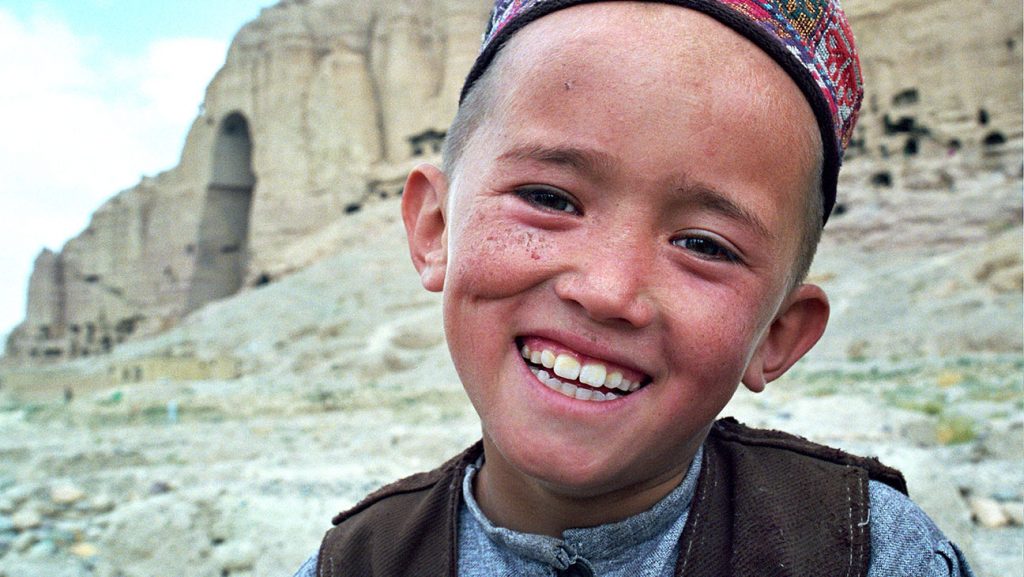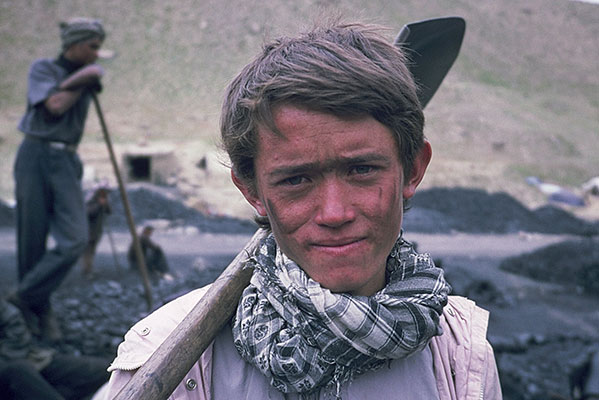If you thought the past week in Afghanistan was heartbreaking, try being a kid who went from being a cheerful 8 year old living in a cave, to a 28 year old father of 3 who says today that he has never had a happy life and, in the same breath, that he is ever hopeful that his country will somehow pull through, in spite of all evidence to the contrary.
Mir Hussein was filmed by documentarians Phil Grabsky and Shoaib Sharifi for 20 years, resulting in My Childhood, My Country. In the news business, the best reporters make a big, complicated story relatable to viewers by focusing on one person or one family who is affected by the facts of the broader news item. The co-directors of this astonishing film took that concept to the highest possible level.
At the start, Mir and his parents live in the cliffs of Bamiyan, the place where the Taliban destroyed the famous Buddhas of Bamiyan by blowing them up with explosives, to worldwide condemnation. But Mir is still innocent enough to be more concerned with playing among the ruins with his childhood pals. The family are dirt poor and Mir, a promising student, might be the first person he knows to not be illiterate.
Alas, as time goes by, the dreams of an education fade into a need to work for food, and that’s not just a figure of speech – the family is destitute and hungry. Later, we’ll see him transition into coal mining labor, getting farther and farther away from a promising future.
Meantime, the film occasionally inserts news clips from the Western world as the new war drives out the Taliban. The Afghans seem mostly supportive and protected from the Taliban. At the same time, even the most uneducated cave dweller can see that those who are profiting from the war are not doing so much to rise up those who were promised a better life.
There are actual and metaphorical journeys for Mir as he eventually moves to a bigger city and later Kabul. This is a man who had never even seen tarmac until he was an adult, so his adjustments to city life, along with his wife and small children, aren’t always smooth.
Eventually, he gets a job as a videographer – something to which he aspired for his whole life, and comes very close to being killed by a suicide bomb in the process. By the way, just a few years ago, Mir says there were suicide bombings about once for every three days which he covered. But it’s Covid that outs him out of work most recently.
It is getting nearly impossible these days for any kind of content to be apolitical, but this film’s narrative simply follows the facts on the ground of one boy/kid/man/father whose smile never disappears, even as the look in his eyes grows more haunted with each passing year.
In Theaters Friday, August 27th


